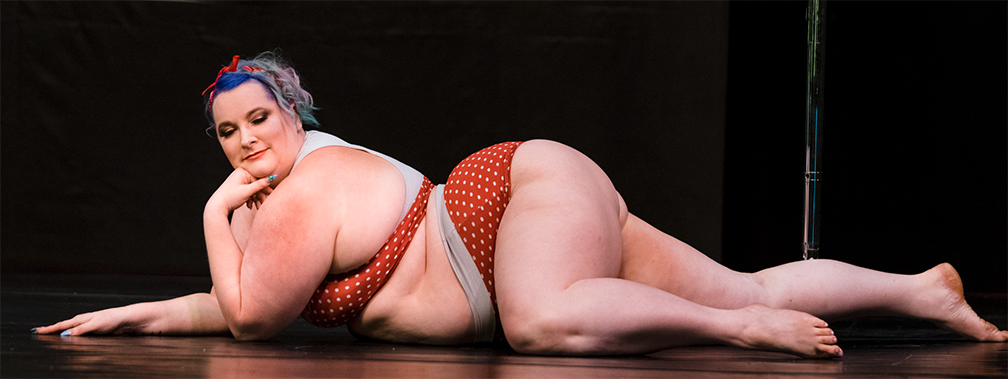
How to Set Realistic Goals When Working Out
Beginning a new workout regimen can be confusing and very intimidating. You will probably get advice from friends, family or from other trusted sources. All this information can be very overwhelming, leaving you to feel confused and unsure of where to begin. However, being healthy and setting realistic goals for yourself does not have to be confusing or difficult. The following information will help you not only set realistic goals but also achieve them.
Calorie Deficit 101
When most of us talk about getting healthy, we usually mean we want to lose some extra weight. In order to lose that undesired weight, it is important to understand the science behind losing a pound. It takes 3500 calories to create one pound of fat. To lose a pound of fat, you need to figure out a way to create a deficit of 3500 calories. In order to accomplish this, you need to cut calories from your diet through the food you eat. Another popular way you can eliminate calories would be to increase your physical activity which will burn extra calories. Many people practice a combination of a controlled diet with moderate exercise to achieve a caloric deficit and lose weight.
Before You Get Started
It is advised by health professionals all around the world to visit your primary healthcare provider before you begin any exercise or diet routine. This is important in case you have a chronic condition such as asthma or an abnormal heart. The doctor can help you learn ways you can exercise and diet without aggravating your health condition further. Another valuable resource to consult with would be a physical trainer. Many times when someone begins a workout program, it will require some type of weightlifting, squats or other activities where you could seriously injure yourself if you do not use proper form. A physical trainer will work with you and teach you the proper form for various exercises, so you do not hurt yourself.
Important Keys to Success
- Physically notate your workout goals while keeping them realistic. Do not start out by saying you will run ten miles, do 500 squats and 100 pushups every day. That is not realistic; instead, start slow and over time build up your routine as your body becomes accustomed to a more active lifestyle. Take the time to map out your workout schedule. You should chart your routine on a calendar or simply jot it down in a notebook each week in advance. Being able to physically see your goals on paper keeps you from feeling overwhelmed. Your mind knows that on any given day, you will only do the specific workouts you will have noted. Also, when you are writing down your daily goals, remember to give yourself rest days. This will allow your body to properly heal after workouts.
- Remember nothing magically happens overnight when it comes losing weight or becoming more healthy. Understand that consistency is the main key to help you achieve your goals. Consult your notated workout plans each day and perform your scheduled routine without waivering. If you have to skip a day due to illness or life circumstances, be sure to get back on schedule as quickly as possible. This will keep you consistent, and eventually, you will start to see the results of your hard work.
- Keep track of your results. This is important because it allows you to see your progress. If you do not track your results, you may not visually see the changes to your body which could cause you to become discouraged. There are many ways you can track your progress. For example, could easily perform weekly weigh-ins. Be aware, however, it is not advised to weigh-in daily as our body weight tends to fluctuate throughout the day, every day. Another helpful tip is to keep track of your body measurements, since sometimes your body dimensions will change while your weight remains the same. Weekly selfies from the front and side may also help you see the changes your body is undergoing. By seeing changes in your body over time, you will feel encouraged.
In conclusion, remember progress will take time. Talk to your doctor before you start your new exercise routine, and keep your fitness goals realistic. Document your goals and track your progress. Stay consistent and disciplined in your fitness routine. By following these simple tips, you will achieve and maintain your fitness goals.
- How to Set Realistic Goals When Working Out - August 17, 2018


